As a freshman, I didn’t even know what research truly was. For some reason, I associated it with my dreaded Chemistry labs from freshman year that entailed hours of tedious tasks to try to observe some physical phenomenon I wasn’t particularly excited about. However, it wasn’t until I became involved in a lab my sophomore year that I began to understand what research was in engineering. Now that I have conducted research for almost 2 years, I can undoubtedly say that it has been the best choice I’ve made in my educational career so far.
Here are 8 reasons why I believe you should consider getting involved in undergraduate research.
-
Learning new skills and technologies
Research is the perfect opportunity to explore new skills and technologies for a project that you’re working on. In the beginning, I always thought that classes were the place where I would learn all the skills I needed to be a successful engineer. However, in reality, there simply isn’t enough time in class to learn everything. In a research setting, this is quite different because you are focusing on one project. You have the time and resources to explore new tools and technologies to incorporate into your work.
2. Applying engineering principles to real-life problems
One aspect that I immediately loved about research was how I was able to apply the theoretical knowledge and tools I was learning in my classes into a real-world project. Last Summer, I worked on the Python Respiratory Exchange Model (PyREM) that simulated the respiratory droplet-based transmission of COVID-19 in Python. The project involved mathematical modeling, physics, and programming to visually simulate the concentration of the droplets accumulating in the air. This project was particularly inspiring because I was able to apply my programming skills, mathematical techniques and physics principles to a project that was so applicable to the current pandemic. This was a lightbulb moment for me where I saw the power of engineering and how I could contribute to making a difference in the world.
3. Developing connections with faculty mentors
The real highlight of my research experience has been working with my advisor. Professor Krishnamachari is so much more than a mentor. He is like a curator of knowledge who helped me see the true value and depth of engineering and education. It is integral to develop connections with mentors, especially faculty who deeply care about you and your journey in engineering. Getting involved in research is a big way to establish these faculty relationships that are important for any career you choose to seek in the future, whether in industry or academia. This is also a way to acquire experience working under a faculty member or Ph.D. mentor.
4. Trying out what you “think” you like
When I first started off as a freshman, I didn’t entirely know what I wanted to study in engineering. My passion for physics led me to electrical engineering, but I still was not fully convinced that this was the right path for me. It was only after getting engaged in research that my decision to choose ECE was reaffirmed. If you’re unsure about your path or interests, research is an excellent way to experience what working in this field may look like. Frequently there is a disconnect between what we like and what we think we like. Therefore, getting involved in a lab is a way to explore a potential interest and see if that’s truly something that could see yourself doing in the future.
5. Interdisciplinary work
My favorite element of research is how interdisciplinary the work is. This will vary from lab to lab, but the multidisciplinary nature of research shows you what engineering in the real world is all about. It incorporates elements from different disciplines. In my research current project, we are looking to explore the benefit of evolving communication in engineered systems. The fantastic part of this project is how multidisciplinary it is. Through the research process, I’ve gotten to read different types of literature about Darwinism, communication in nature, Game theory, the Prisoner’s dilemma, and evolutionarily stable strategies. Whether in nature or between artificial agents, communication can be broken down into a pair of behaviors, namely, a signal and response. This enables us to explore behaviors we observe in the natural world in a simulation involving robotic networks.
6. Teaches you how to effectively communicate as an engineer through writing papers and presenting at conferences and research symposiums
7. It’s incredibly exciting
Imagine getting to work on a project that nobody else has ever worked on. Research is mainly about exploring and deepening one’s knowledge; therefore, you will get to work on projects that are completely in unchartered territory.
8. How to think critically and meaningfully while tackling open-ended questions
Overall my motivation for doing research is that it facilitates my genuine love for self-driven learning and thinking creatively while venturing into uncharted waters. The kind of critical and meaningful thinking that is involved in research inspires me. I enjoy taking my time to sit with a certain challenge until I have gained new insight and understand things at a deeper level.
Every aspect of working on a research project is an opportunity to learn something new. Even when an approach or idea doesn’t end up working out, it is important to understand why it doesn’t work, which provides even more insight into the intricacies of the project. The research process is extremely personal, open-ended, and rewarding.
For more information about different labs and undergraduate research opportunities visit the Center for Undergraduate Research at Viterbi (CURVE) https://viterbiundergrad.usc.edu/research/curve/research-positions/















